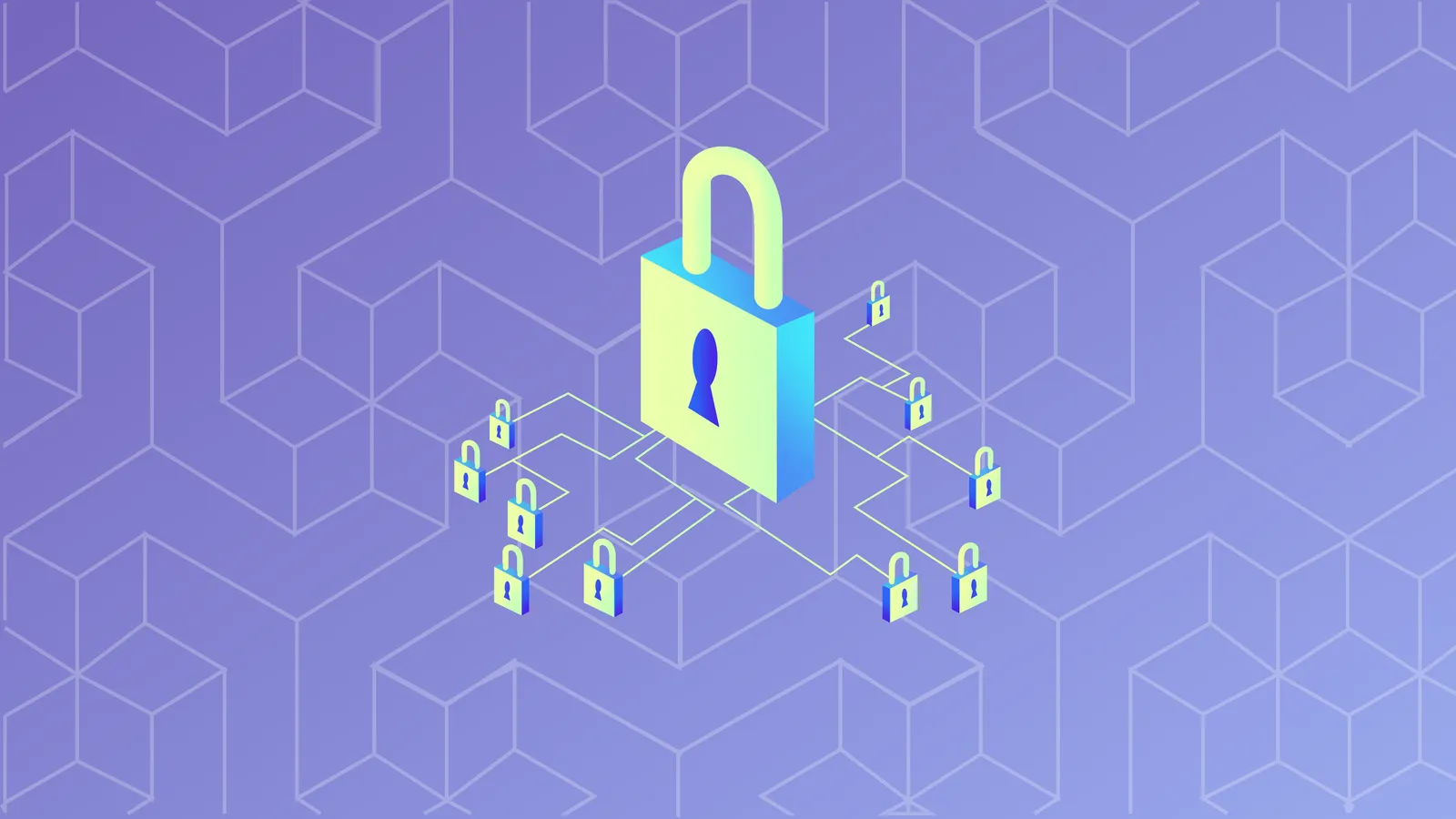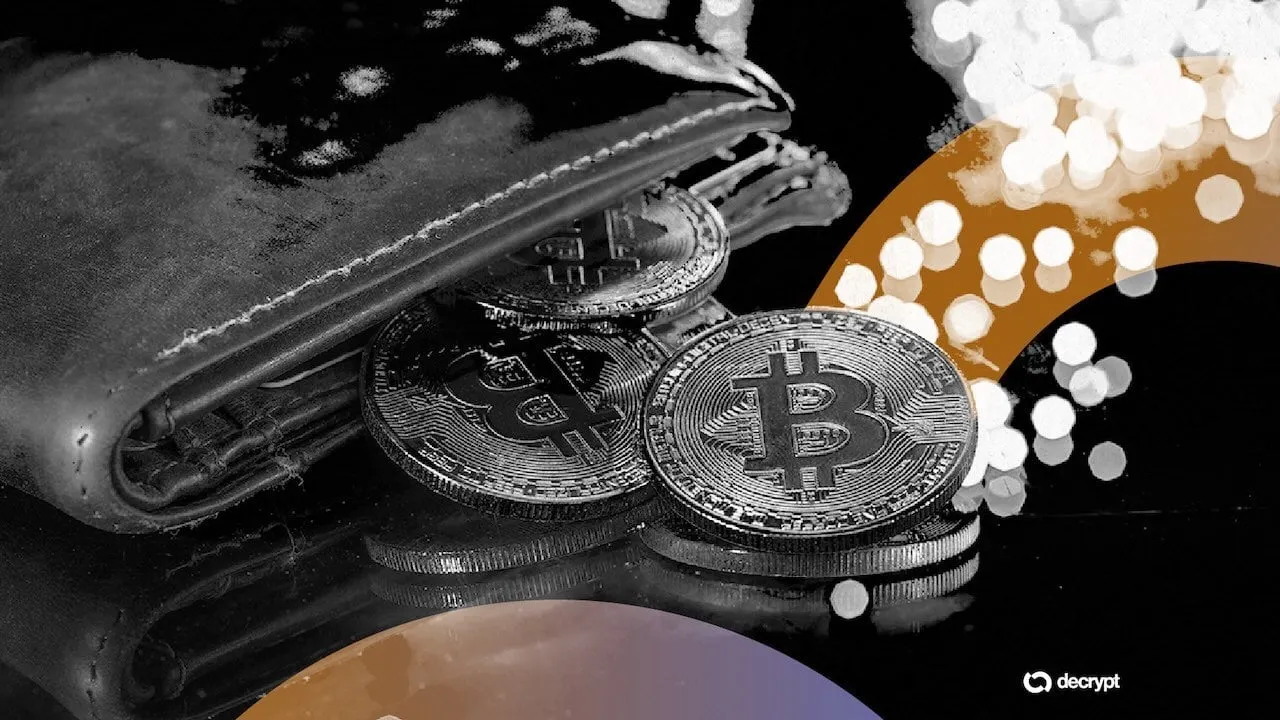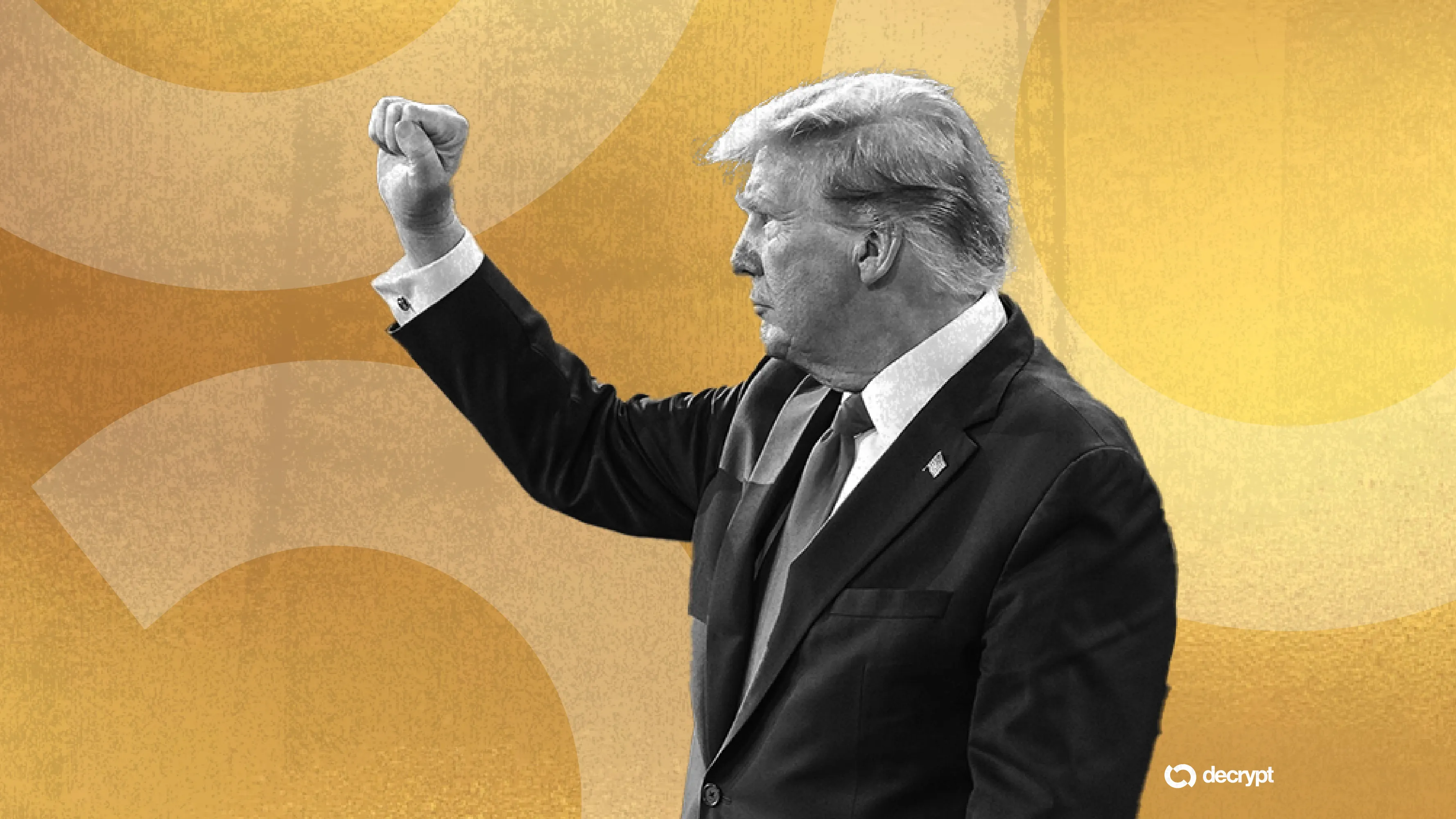From blowtorching computers to using radioactive dust from Chernobyl, crypto’s getting another trusted setup. This time, it’s its largest.
P0xeidon Labs, Manta Network’s development team, today announced a trusted setup ceremony that will be used to launch its private payments app.
MantaPay will let users privately send crypto across other Polkadot- and Kusama-based networks using zkSNARK technology. Kusama is akin to a testnet for all things Polkadot.
The ceremony is expected to last up to two weeks and will have about 5,000 participants from as many as 133 countries, making it the largest and most distributed trusted setup in the history of Web3, according to Manta Network.
Trusted setups are unique events in crypto and are executed to make sure that a newly-launched privacy network can never be compromised. Members of a setup randomly generate the cryptographic rules for a network (public parameters) and then sometimes even destroy the machine on which those rules were created.
“We're witnessing an overwhelming amount of interest in participation in our trusted setup—about 5,000 registrations so far. I think it indicates just how critical privacy is for Web3, and the ecosystem is recognizing that,” Kenny Li, co-founder and COO at Manta Network, told Decrypt.

Privacy Coins and zk-SNARKs: How Do They Work?
An important segment of the crypto industry revolves around so-called "privacy coins," which promise highly anonymous transactions. Privacy coins, notably Zcash (ZEC), rely on a technology called zk-SNARKs, which stands for Zero-Knowledge Succinct Non-Interactive Argument of Knowledge.” This field is also referred to as zero-knowledge cryptography. The concept of “zero knowledge” can be somewhat mind-melding, and zk-SNARKs get complicated quickly, so let’s start at the beginning. Cryptography...
Manta Network, which is developing its own layer-1 blockchain using Polkadot’s Nominated Proof of Stake (NPoS) consensus model, says it is building the future of Web3 with privacy protection, allowing users to conduct private transactions between any parallel chain of assets.
As explained by the team, MantaPay will not have its own native token. There are plans, however, to launch one for the Manta Network.
Discarding Manta Network's 'toxic waste'
Manta Network’s trusted setup will see the ceremony’s participants—known as provers and verifiers—generate Zero-Knowledge Proofs (ZKPs), which Manta Network says are core to its privacy preservation functionality. This guarantees the validity of transactions without posting any private information to the blockchain.
The prover and the verifier will perform a complex computation, committing to a “shared secret” that will be used to generate public parameters. A shared secret is a set of verified private keys received by the prover and the verifier.
The keys’ computation produces what cryptographers call “toxic waste” that has to be discarded.

Ethereum Merge ‘Sets Precedent for Further Change’: StarkWare President Ben-Sasson
StarkWare's President Eli Ben-Sasson said last month’s merge event was like “watching the Webb Telescope unfold,” comparing Ethereum’s historic upgrade with the launch of the largest optical telescope in space. It was “inspiring to see a complex process executed seamlessly when so many steps could’ve gone wrong,” and “the cost of failure could’ve been immense,” he added. Last month, crypto’s second-largest crypto network by market capitalization transitioned from its energy-intensive proof-of-wo...
“Toxic waste could be described as secret numbers that would allow someone to produce fake ZKPs. Anyone who knows those numbers can produce tokens out of thin air in our protocol,” Todd, a pseudonymous cryptographer at P0xeidon Labs, told Decrypt.
According to them, “the reason for a trusted setup ceremony is to break that waste apart into thousands of pieces and give each participant a piece. If you destroy your piece then an attacker can never figure out the toxic waste.”
Trusted setups
Some notable examples of trusted setups in the blockchain space include Zcash (ZEC) in 2016. This was the first practical implementation of a zero-knowledge proving system, with NSA whistleblower Edward Snowden among those helping to launch the privacy coin.
Aleo, another project developing privacy tools for the web, had about 1,000 contributors to its ceremony in 2021.
U.S.-sanctioned Ethereum mixing service Tornado Cash is considered to have conducted the largest trusted setup before today. The ceremony concluded with 1,114 participants helping with the launch of the platform in 2020.
As Vitalik Buterin, the co-founder of Ethereum, said earlier this year, “to the extent that trusted setup ceremonies are necessary, it is important to remember that not all trusted setups are created equal. 176 participants is better than 6, and 2,000 would be even better.”

Edward Snowden Helped Create Zcash Privacy Coin
Edward Snowden, the famed National Security Agency whistleblower, helped launch Zcash in 2016, a representative of the Zcash inventors Electric Coin Company told Decrypt. Snowden joined Zcash creator Zooko Wilcox, Bitcoin core developer Peter Todd, Coin Center's Peter Van Valkenburgh and two others in launching the Zcash blockchain. In a process known as "trusted setup," the six participants each received a sliver of the private key needed to create the cryptocurrency. Previously, the identity o...
As Manta Network prepares to set a new record for trusted setups, the team behind the project emphasized this became possible thanks to the low requirement for participation.
“The criteria is very low, we have no hardware requirements because with ZKP, it is hardware agnostic. We support major operating systems including Ubuntu Linux, Apple, and Windows OS,” Li told Decrypt.
According to Li, as long as someone can follow the ceremony’s instructions it's very easy to participate.
“The registration process is a few steps, and if you can get through that you can also complete the contribution phase once it starts,” he added.
Privacy as the core value
User privacy remains key to Manta, with one anonymous participant of the setup saying that "Web3 is the frontier of new technology and privacy is critical to building that infrastructure. I’m concerned about the protection of personal data, especially financial information. The trusted setup allows me to contribute to a future that I believe in."
Manta Network’s COO also stressed that there are no financial incentives for the trusted setup ceremony participants—aside from earning a non-fungible token (NFT) that proves they've contributed and a Discord title in Manta’s community channel.

'Privacy Is Normal': Rep. Tom Emmer Wants Answers About Tornado Cash Ban
Earlier this month, the United States Treasury placed sanctions on Ethereum coin mixer Tornado Cash, effectively banning the tool in the country due to alleged facilitation of money laundering. The move was deeply controversial in the crypto space, however, and now a U.S. Congressman has questioned the Department of the Treasury’s actions. In a letter shared via Twitter today, U.S. Representative Tom Emmer asked Treasury Secretary Janet Yellen to explain why the department sanctioned Tornado Cas...
This makes Manta Network’s trusted setup a true community effort.
“Privacy isn't just about keeping transactions secret; rather, it's about your entire on-chain identity: every application you interact with, every wallet you interact with, any piece of data that you record on the blockchain is permanent and publicly available,” Li told Decrypt. “Without privacy solutions, blockchain becomes a massive surveillance tool.”







